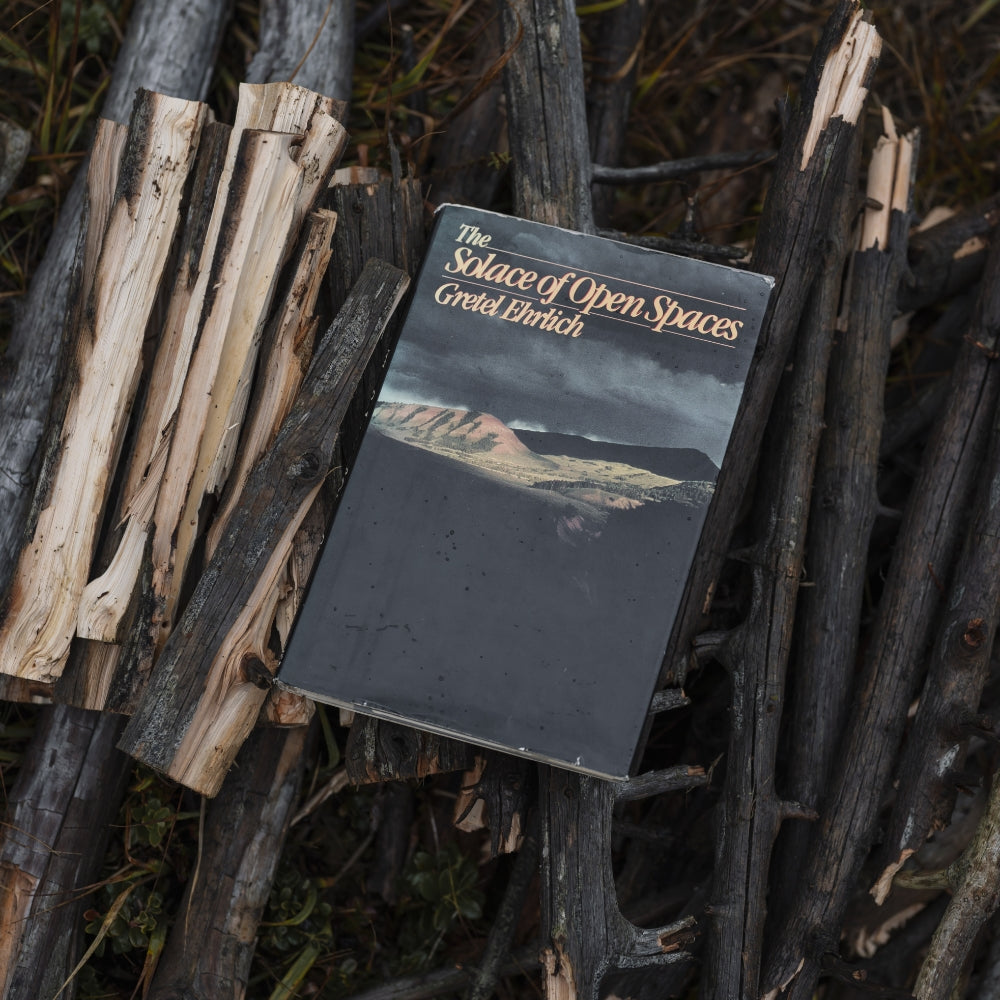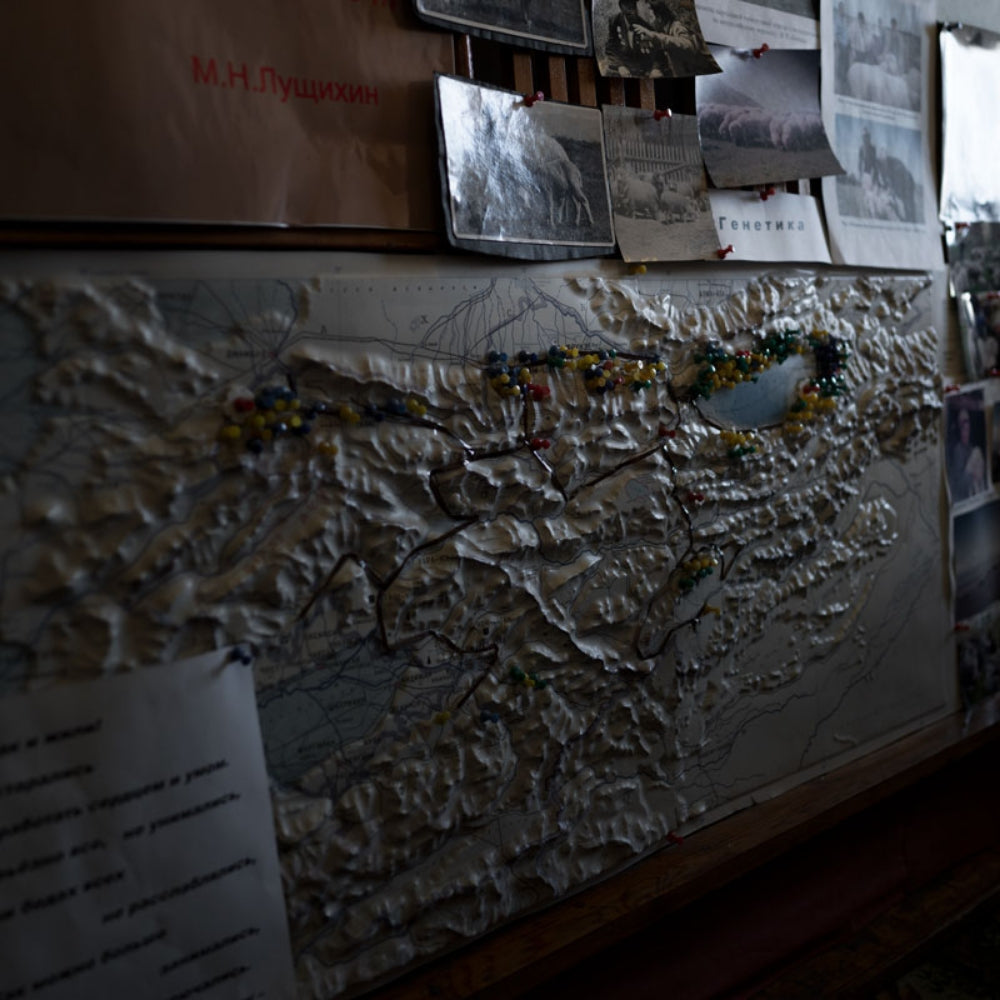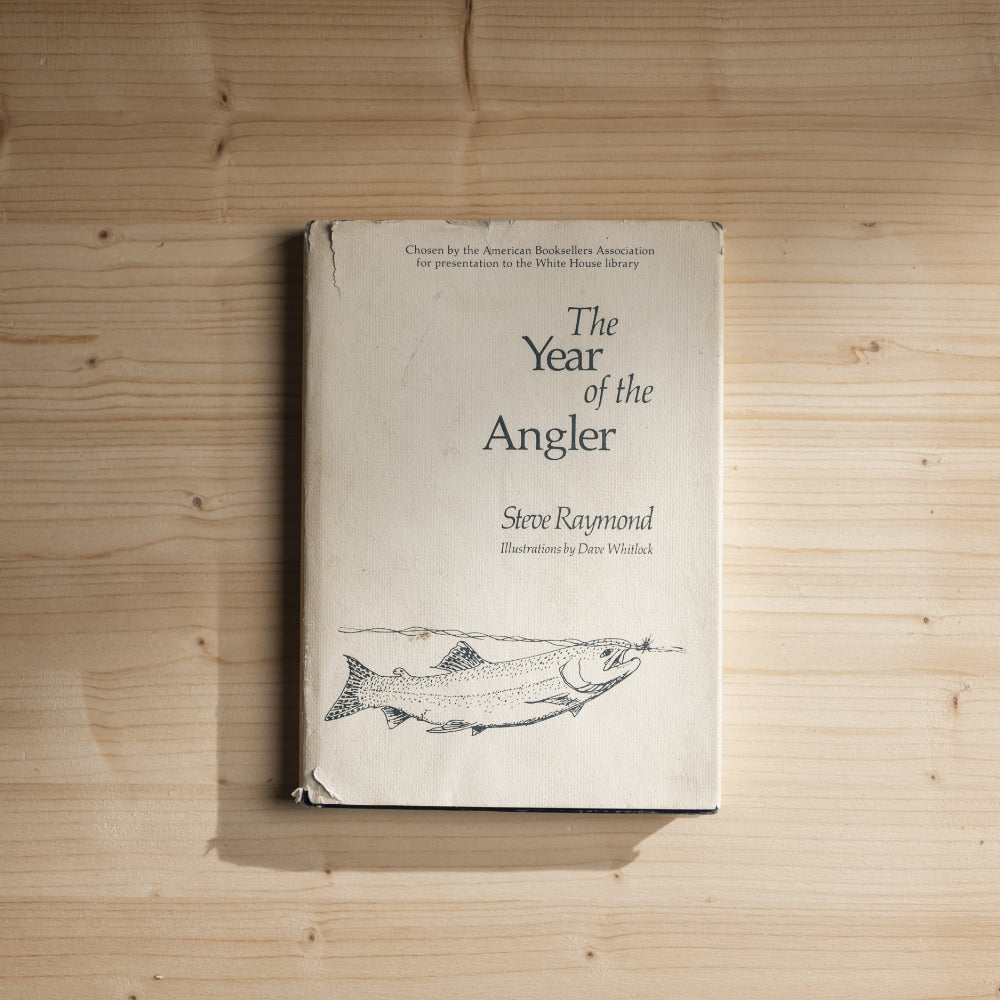Have you ever wondered what it would be like to live in the stark, breathtaking beauty of the American Southwest desert? Edward Abbey's "Desert Solitaire" is a compelling narrative that draws readers into the raw, untouched wilderness of Utah's Arches National Park. Abbey's memoir is not merely a recounting of his time as a park ranger; it is a passionate, philosophical ode to the desert, a call to embrace the solitude and majesty of nature.

Abbey's "Desert Solitaire" opens with a powerful hook, drawing readers into his world with vivid descriptions and an invitation to explore the wildness of the desert. The book chronicles Abbey's experiences over three seasons in the Arches, capturing his observations, encounters, and reflections on the natural world. With a keen eye for detail and a poetic touch, Abbey brings the landscape to life, making readers feel the heat of the desert sun and the cool of the evening breeze.
Edward Abbey was a man of many facets—a writer, environmentalist, and self-proclaimed anarchist. His background and personal philosophy infuse "Desert Solitaire" with a unique voice, one that is both fiercely critical of modern society and deeply reverent of the natural world. Abbey's disdain for industrial tourism and his advocacy for preserving the wilderness in its purest form resonate throughout the book, providing a thought-provoking commentary on the relationship between humans and nature.
The central themes of "Desert Solitaire" revolve around solitude, the beauty of the natural world, and the destructive impact of human activity on the environment. Abbey's reflections on solitude are particularly poignant, as he finds a profound sense of peace and clarity in the isolation of the desert. This theme is interwoven with his reverence for the stark, unforgiving beauty of the landscape, which he describes with a blend of scientific precision and lyrical prose.
One of the book's most memorable moments is Abbey's encounter with a rattlesnake. This episode is a testament to his philosophy of respecting and coexisting with nature. Instead of killing the snake, Abbey chooses to observe it, reflecting on its place in the desert ecosystem. This moment encapsulates the essence of "Desert Solitaire"—a deep respect for all forms of life and a recognition of the interconnectedness of the natural world.
As "Desert Solitaire" concludes, Abbey leaves readers with a powerful call to action. He urges us to resist the encroachment of industrialization and to preserve the wild places that remain. His final thoughts are a poignant reminder of what is at stake if we fail to heed his warning.
"Desert Solitaire" is a book for those who yearn for the wild, who find solace in solitude, and who seek a deeper connection with the natural world. Abbey's passionate prose and philosophical musings make this a timeless work, one that challenges us to rethink our relationship with the environment. I highly recommend this book to adventurers, environmentalists, and anyone who has ever felt the call of the wild. Abbey's insights and eloquent writing will leave a lasting impression, urging us to cherish and protect the beauty of the desert.











